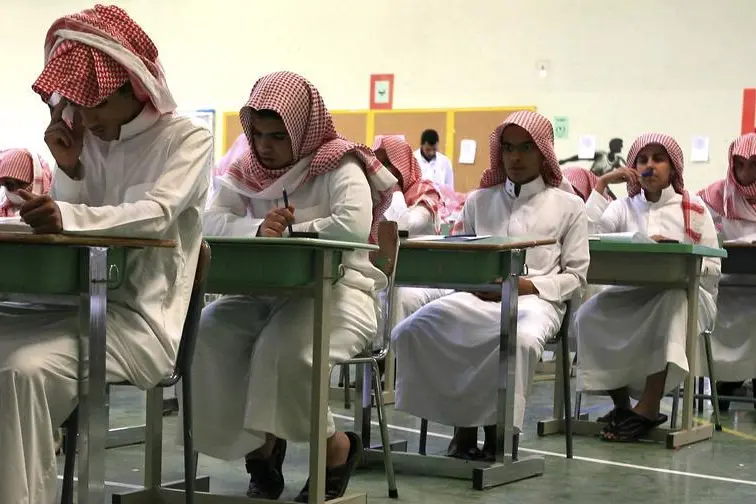PHOTO
A few months back, I was talking to the owner of a private school in Jeddah who wanted to find ways of expansion through consolidation with other private schools in the Kingdom. Last week, I had a similar discussion with another owner who wants to explore strategic and financial options for his family-owned school’s future. Obviously, the “new normal” post-COVID-19 pandemic, especially in the education sector, has presented great challenges for many of the privately owned educational and academic organizations.
The education sector has been, and I believe still is, one of the main pillars of the Saudi Vision 2030 reform plan, with a special focus on enabling the private sector to play an active role in developing it. Having said that, the family-owned school has been facing difficult times with the impact of the pandemic this year.
Through Vision 2030, the country is committed to increasing private sector participation in the education sector. Several initiatives to unlock the sector for private investment have been launched, with some already implemented. These include the acceptance of 100 percent foreign-owned educational institutions and the use of public education buildings for private schools, hence reducing capital expenditure. Announcements were made last year about financial institutions setting up fixed income instruments via sukuks to build and operate private schools.
Another government initiative to enhance the development of the education sector in the country is through the privatization of public schools and universities.
Privatization is the transfer of ownership of specified assets or services from the government to the private sector. The transfer of ownership can take several forms including a full/partial assets sale through the Initial Public Offerings (IPOs), management buy-out (MBO), Private Public Partnerships (PPP), Build Operate and Transfer (BOT), concessions or outsourcing.
The National Center for Privatization (NCP) was set up as the engine for privatization in the country. NCP is responsible for developing an ecosystem and executing a framework for the privatization of government assets and services in different sectors, including education.
NCP’s mission is to help creating opportunities for local and international investors. With the precautionary measures the ministries of health and education are taking to protect lives of students via distant learning, it is still early for NCP to fully implement its execution plan.
In the present climate I see potential for the consolidation of educational establishments as publicly listed education companies explore the opportunities for the acquisition of distressed family-owned schools. The challenges facing some owners in the private education sector could be long-term opportunities for others.
Basil M.K. Al-Ghalayini is the chairman and CEO of BMG Financial Group.
Copyright: Arab News © 2020 All rights reserved. Provided by SyndiGate Media Inc. (Syndigate.info).





















